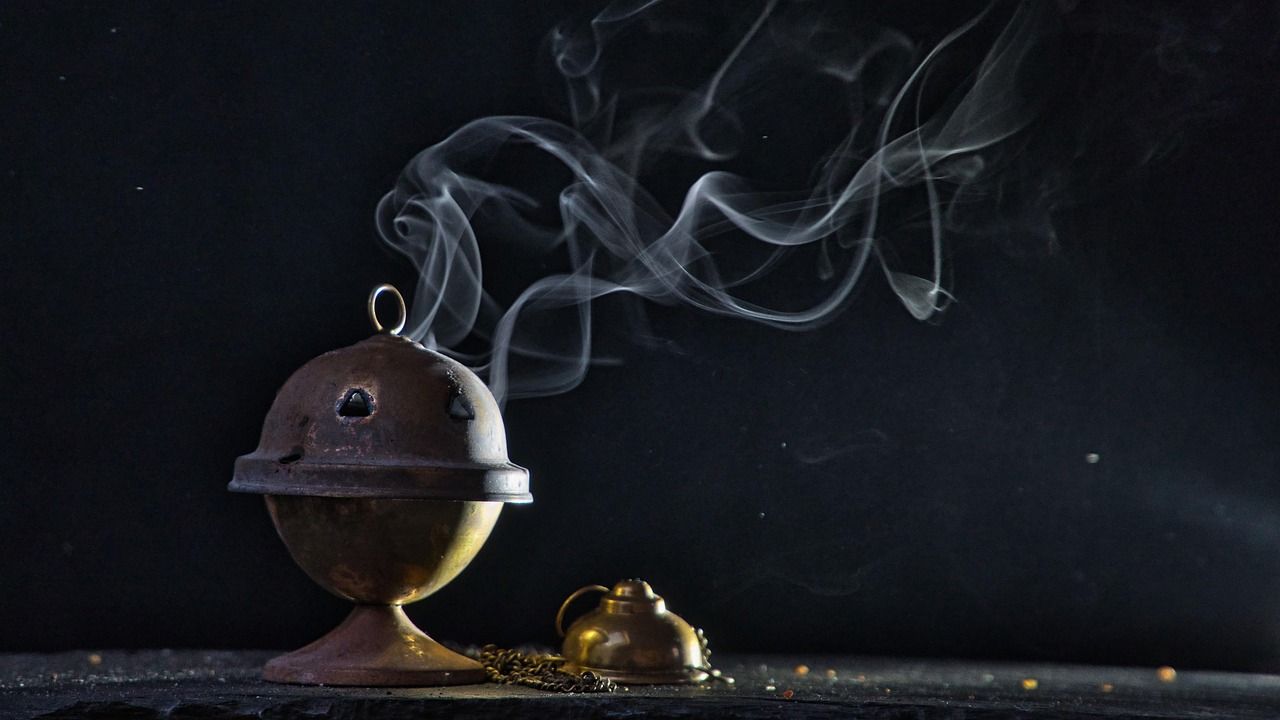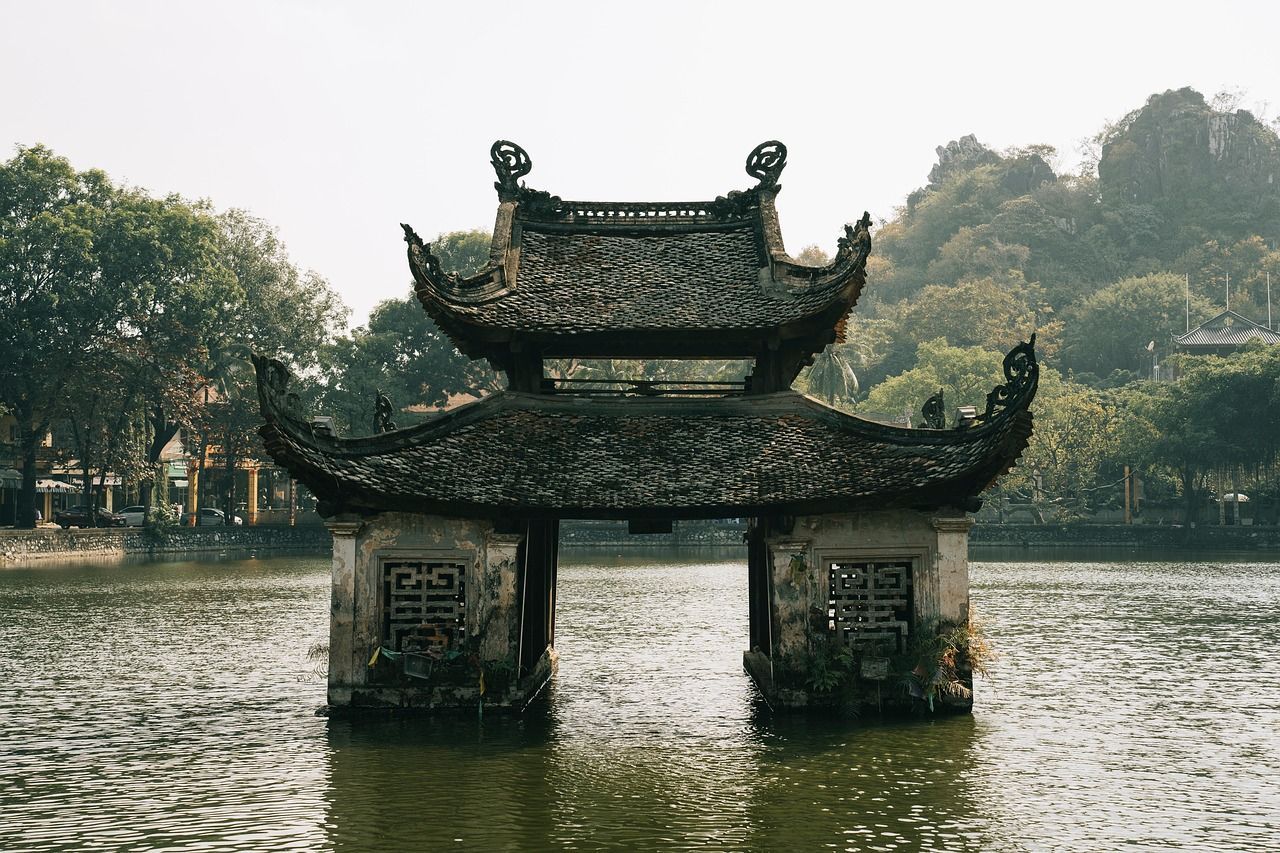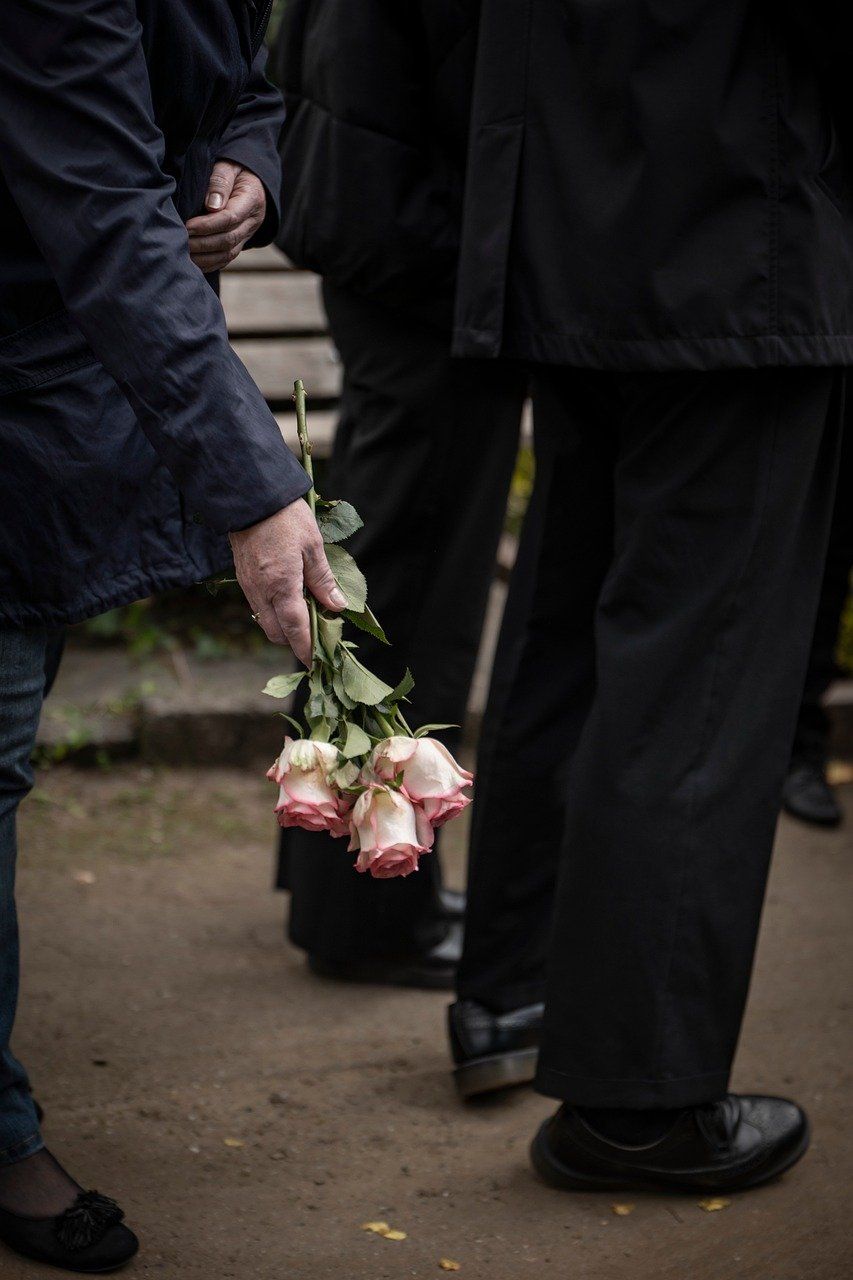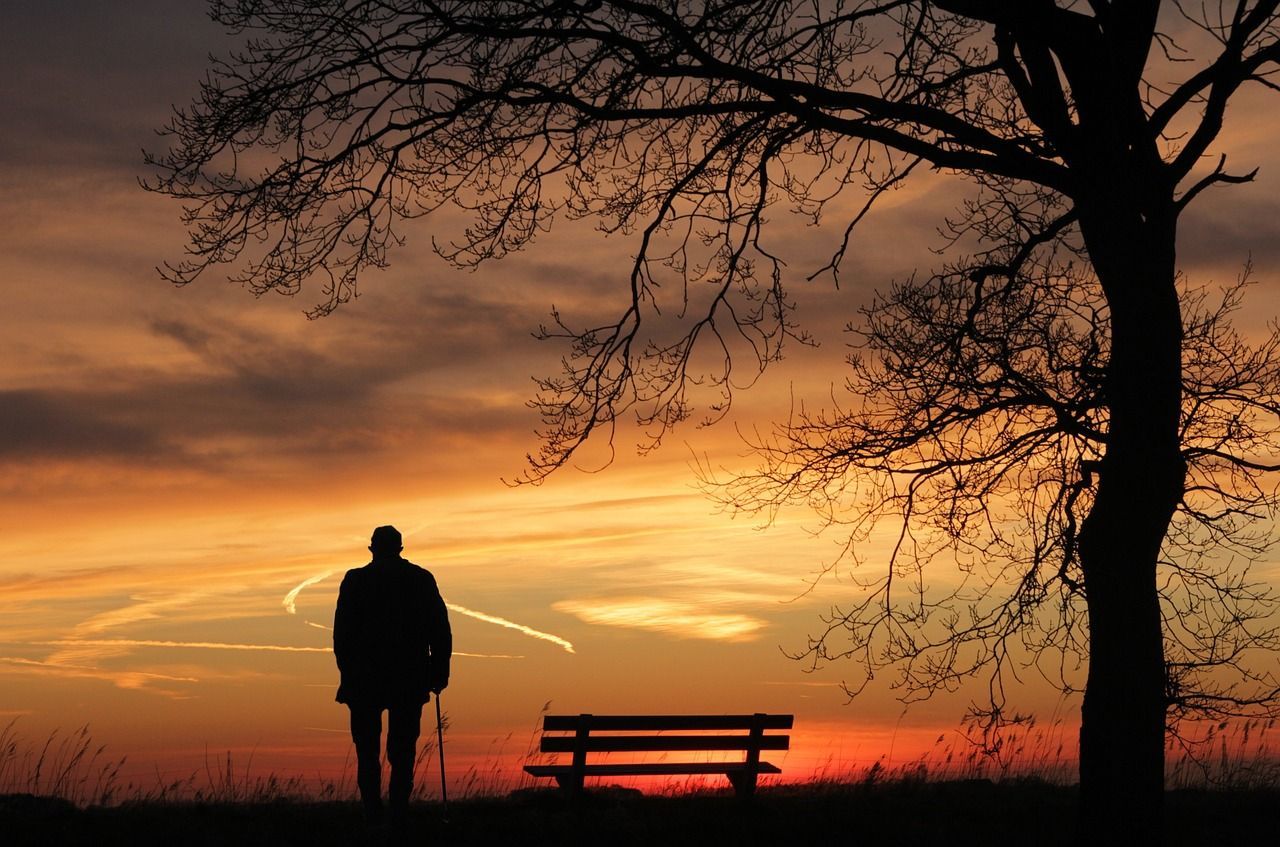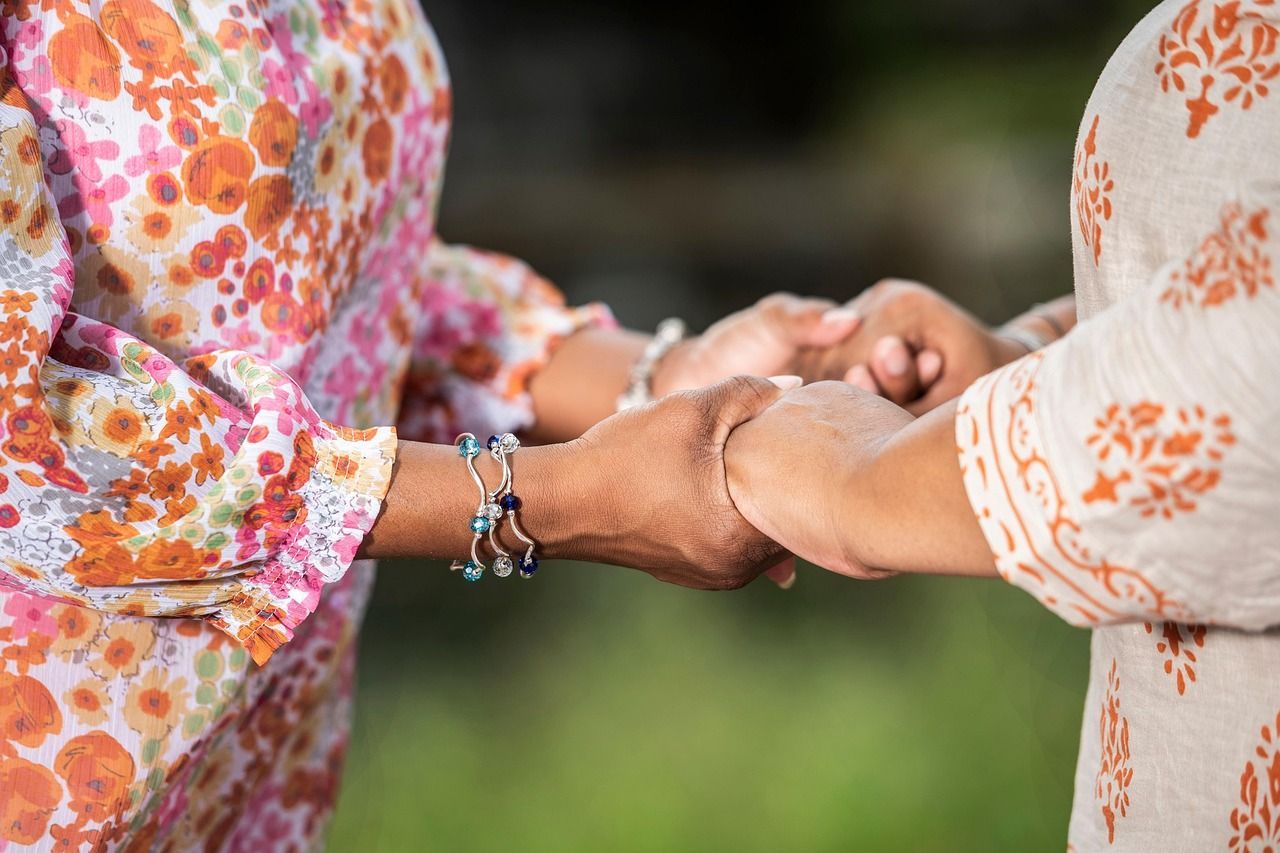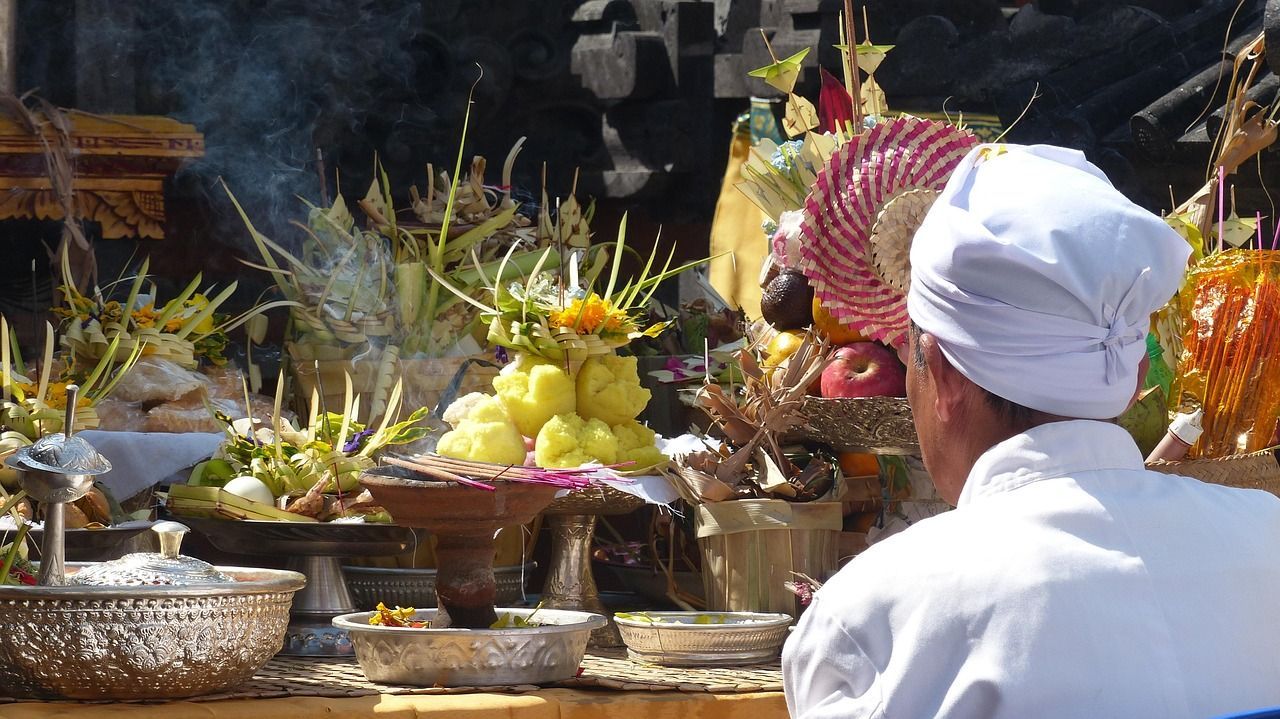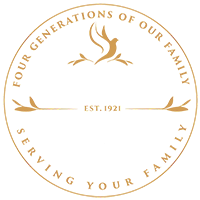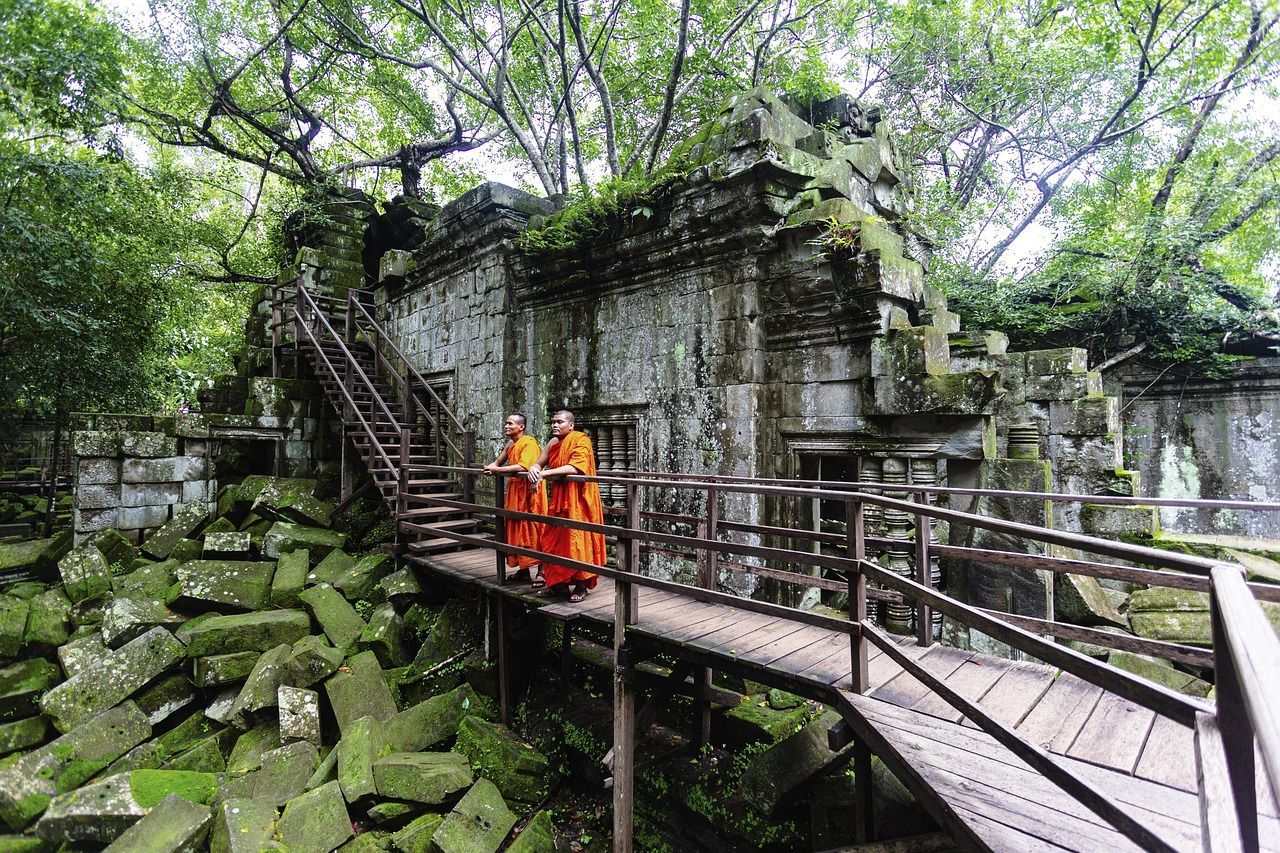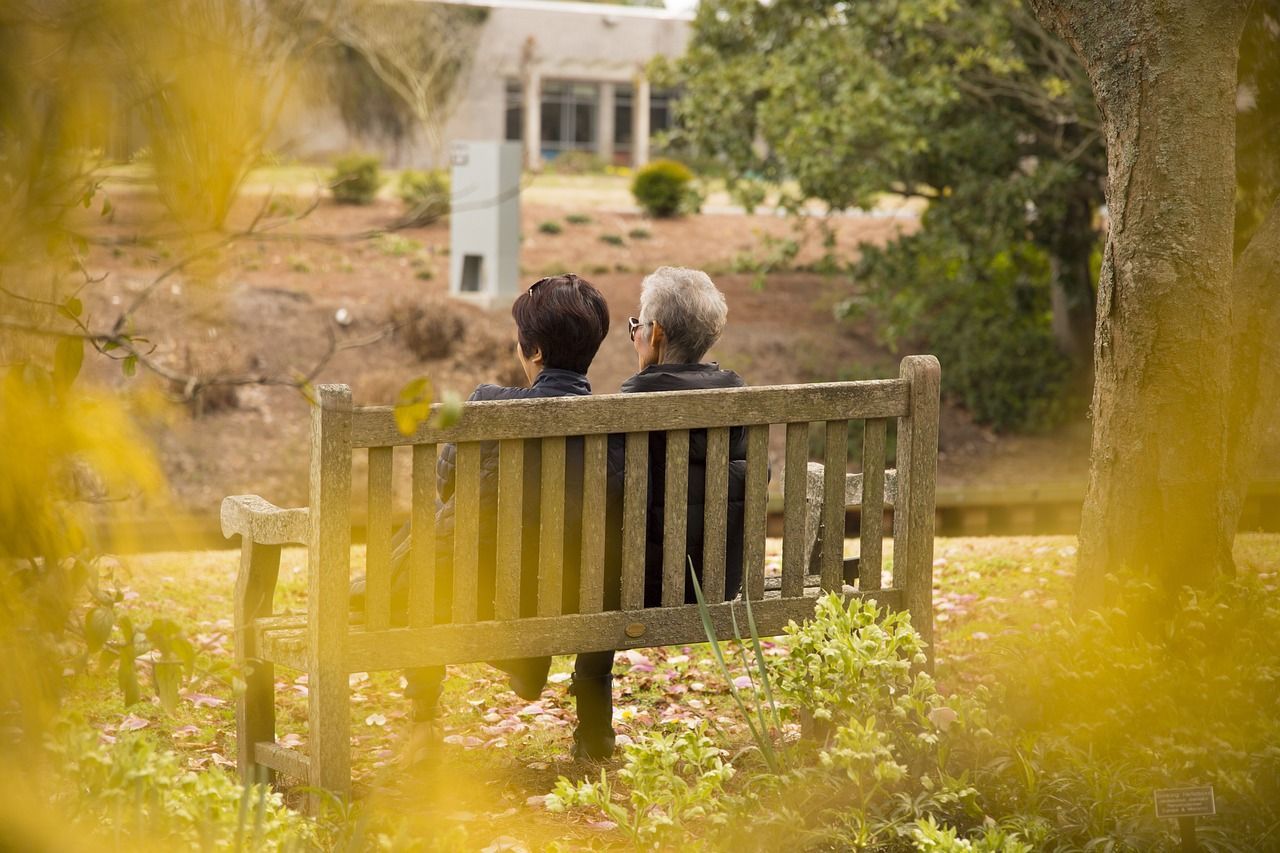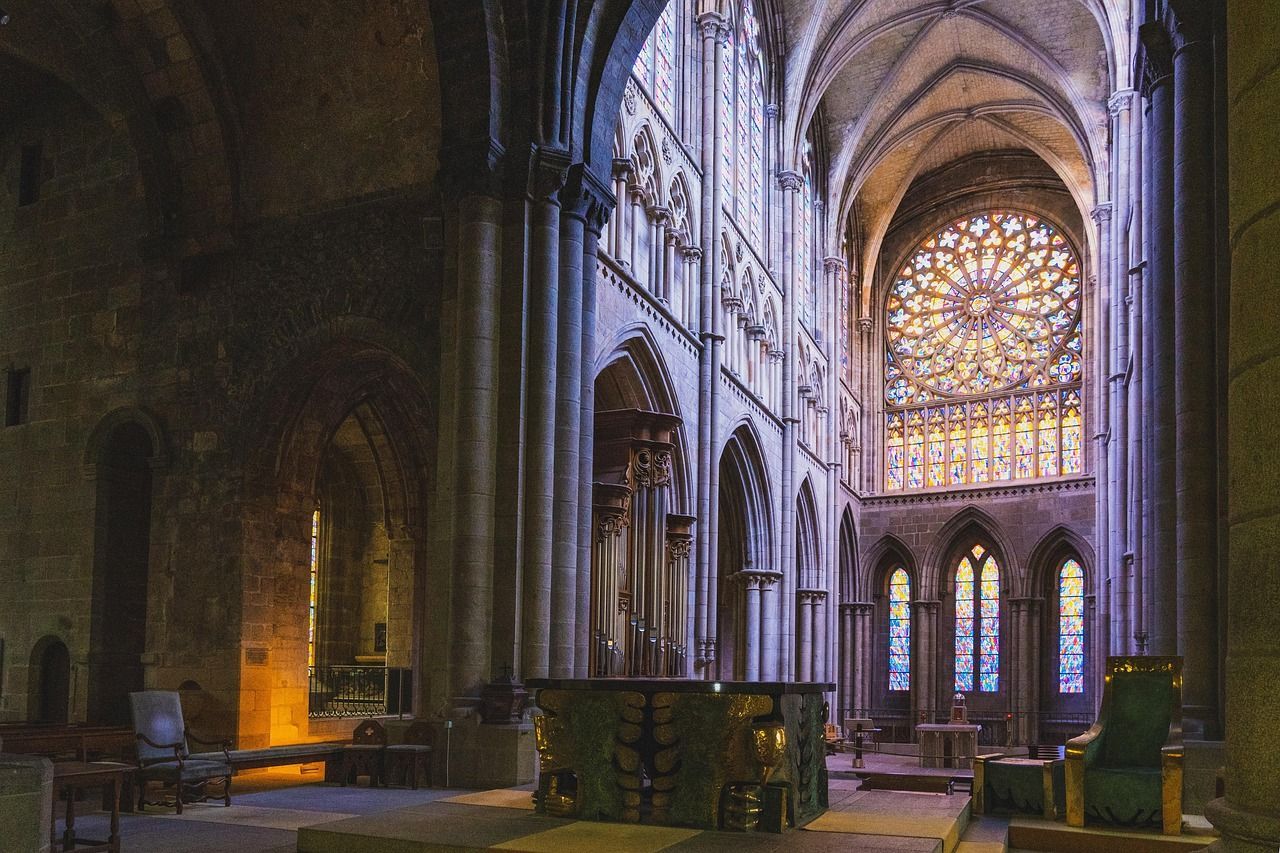Common Questions About Cremation Answered
Cremation has become an increasingly popular choice among families in Philadelphia and beyond. It offers flexibility, affordability, and a variety of ways to honor a loved one’s memory. Yet, for many families, cremation still raises important questions about the process, options, and what to expect afterward.
At Pennsylvania Burial Company / Baldi Funeral Home, we believe in helping families make informed and confident decisions. In this article, we answer some of the most common questions families ask about cremation to help guide you through each step with clarity and care.
1. What Happens During the Cremation Process?
The cremation process is carefully handled with dignity and respect. Once all legal paperwork and permissions are complete, the deceased is placed in a cremation container and transferred to a licensed crematory.
Here’s a simplified overview of how it works:
- Identification and Authorization: The funeral home verifies identity and secures all required permits.
- Preparation: Personal items are removed (if requested), and the deceased is placed in a container suitable for cremation.
- Cremation: The body is placed in the cremation chamber, where it is reduced to bone fragments.
- Processing the Remains: After cooling, the fragments are processed into a fine, ash-like substance.
- Return of the Ashes: The cremated remains are carefully placed in an urn or container chosen by the family.
Each step is done with the utmost professionalism to ensure your loved one is treated with care.
2. Can We Still Have a Funeral or Viewing with Cremation?
Yes, absolutely. Choosing cremation does not mean giving up the opportunity for a meaningful farewell. Families can hold a traditional service before cremation, which includes a viewing and ceremony with the casket present.
Alternatively, some families choose a memorial service after cremation, where the urn is displayed. This can take place at the funeral home, a place of worship, or even outdoors in a meaningful location.
At Pennsylvania Burial Company, we can help plan either type of service depending on your family’s wishes.
3. What Are Our Options for the Ashes?
Families have many ways to honor and keep their loved one’s ashes. Here are some of the most common options:
- Urn Placement
Keeps the ashes safely in a decorative urn at home or within a niche at a cemetery.
- Scattering Ceremony
Ashes can be scattered in a meaningful place such as a garden, park, or body of water (following local guidelines).
- Burial of the Urn
Families can choose to bury the urn in a family plot or cremation garden.
- Keepsake Jewelry or Mini Urns
Small portions of ashes can be preserved in keepsakes, allowing multiple family members to hold a part of their loved one close.
- Incorporation into Art or Glass
Some choose to have ashes turned into artwork or jewelry as a lasting tribute.
Each choice offers a different way to maintain a connection and create a meaningful remembrance.
4. Is Cremation Accepted by All Religions?
Many religions today accept cremation, although customs vary. For instance, Buddhist and Hindu traditions often prefer cremation as a spiritual practice, while Catholicism now permits it as long as the ashes are respectfully kept and not scattered.
Families of Vietnamese, Cantonese, or other East Asian faiths often incorporate cremation into their funeral traditions, followed by temple services, offerings, and ceremonies to honor the soul’s journey.
Our team at Baldi Funeral Home is experienced in coordinating services that honor these diverse cultural and religious customs.
5. How Much Does Cremation Cost Compared to Burial?
In general, cremation is more affordable than traditional burial since it eliminates costs for embalming, large caskets, and burial plots (if not chosen).
- Direct Cremation (no service)
Most cost-effective option.
- Cremation with Memorial Service
Moderate cost, includes ceremony planning and urn selection.
- Cremation with Viewing/Funeral Beforehand
Similar to a traditional funeral with added flexibility.
0
Our staff can provide a detailed price breakdown and help you understand each option before making a decision.
6. Can Cremation Be Pre-Planned?
Yes. Many families now choose to pre-plan their cremation arrangements to reduce the emotional and financial burden on loved ones. Pre-planning allows you to:
- Lock in today’s prices and avoid future cost increases.
- Specify your service preferences in advance.
- Choose your urn or resting place.
- Ensure your family knows exactly what you want.
Pre-planning also provides peace of mind knowing your wishes will be honored exactly as intended.
7. How Do We Personalize a Cremation Memorial?
Cremation offers flexibility to create a service as unique as the person being remembered. Families can include:
- Photo and video displays to celebrate their life.
- Personalized urns engraved with names, dates, or symbols.
- Cultural or religious rituals, such as chanting or offerings.
- Music and readings that reflect their values and personality.
- Memory tables featuring favorite belongings, flowers, or artwork.
At Baldi Funeral Home, we can help integrate personal touches to ensure the service truly reflects your loved one’s life and beliefs.
Frequently Asked Questions About Cremation
1. How long does the cremation process take?
Typically, the process takes two to three hours, followed by time for cooling and preparing the ashes.
2. Can multiple people’s ashes be mixed together?
No, each cremation is performed individually, and strict identification procedures ensure ashes are never mixed.
3. Do we have to buy an urn from the funeral home?
Not necessarily. While we offer a wide selection of urns, families are welcome to provide their own if it meets the required standards.
4. Can ashes be divided among family members?
Yes. Many families choose to divide ashes into keepsake urns or jewelry pieces for close relatives.
5. Are there environmental considerations with cremation?
Yes. Some families prefer eco-friendly urns made from biodegradable materials. We can help you explore sustainable options.
6. What paperwork is needed for cremation?
You’ll need a cremation authorization form, death certificate, and necessary permits. Our staff assists with every step to make the process simple.
7. What if our family wants both cremation and burial?
That’s entirely possible. Many families choose to cremate and then bury the urn in a family plot or columbarium niche for a lasting memorial.
At
Pennsylvania Burial Company / Baldi Funeral Home, our goal is to make every step of the cremation process respectful, transparent, and meaningful. Whether you’re considering cremation for yourself or arranging it for a loved one, our compassionate staff is here to answer all your questions and help you plan a service that truly honors their memory.
